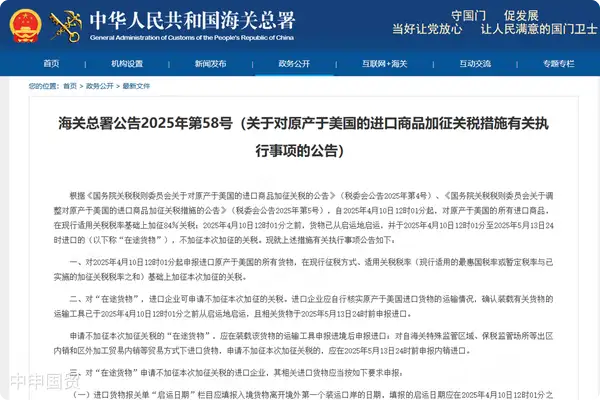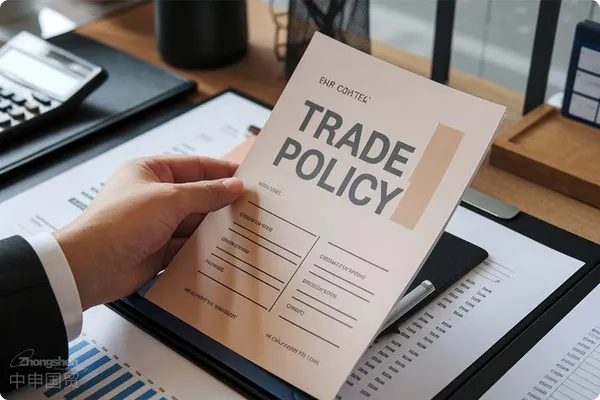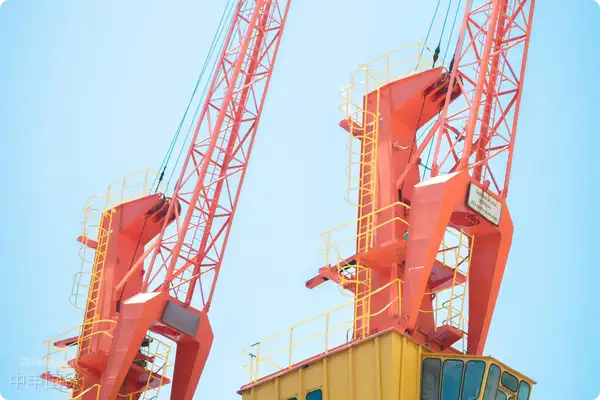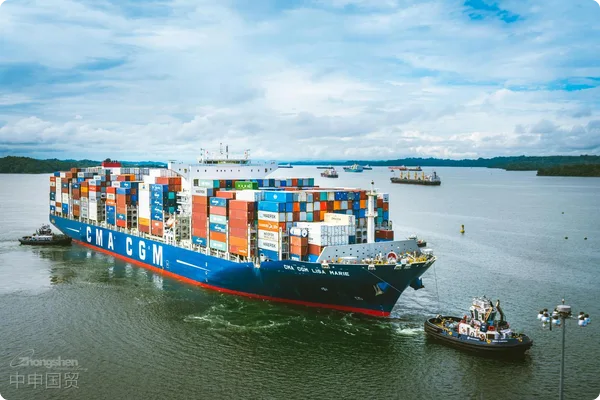- Shanghai Zhongshen International Trade Co., Ltd. - Two decades of trade agency expertise.
- Service Hotline: 139 1787 2118
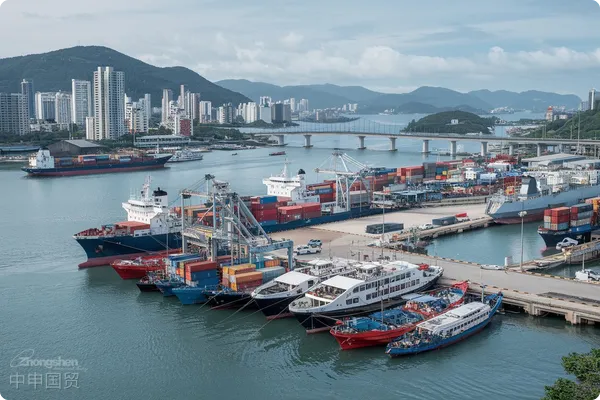
Analysis of the 2025 market landscape of the import equipment agency industry
According to the Electromechanicalequipment. For example, Indonesia has the SNI certification, Thailand has the TISI certification, and the Philippines has the BPS certification. It is necessary to confirm in advance the equipment voltage (such as 380V/50Hz in Thailand), the compatibility of the CE certification, and the proof of environmentally friendly materials.Service White Paper released by the General Administration of Customs of China in January, 2025, the number of import equipment agency enterprises with AEO Advanced Certification nationwide has exceeded 240, an 18% increase from 2023. The market share of leading enterprises shows significant differentiation, with the top 10 companies undertakingMedical Equipment65% of import business in high-end fields such as semiconductor equipment
Analysis of core evaluation dimensions
Service network coverage weight accounts for 40%:
- Number of global cooperative customs clearance outlets
- TOP3 enterprises average 82 overseas customs clearance nodes
- Industry average is only 34 nodes
- Service capability in domestic special supervision areas
- Bonded zone equipment temporary storage capacity exceeds 50,000 cubic meters
- Configuration rate of constant temperature storage for special equipment
Compliance capability assessment accounts for 35%:
- Import license processing time
- Average processing period for medical device registration certificates reduced to 23 working days
- Customs audit response success rate
- Dispute resolution rate for commodity classification of leading enterprises reaches 92%
New trends in industry service capabilities for 2025
Specialized service team establishment:All top five agency companies have established service groups for specialized fields such as semiconductor equipment and medical imaging equipment, deploying operation teams with over 5 years of specific industry experience.
Regional service network:Agency enterprises in the Yangtze River Delta region have formed significant advantages in the import of chip manufacturing equipment, while enterprises in the Guangdong-Hong Kong-Macao Greater Bay Area lead the industry average by 42% in customs clearance time for biomedical equipment.
Risk early warning system:Leading enterprises have begun deploying intelligent compliance monitoring platforms, which can provide 14-day advance warnings of technical regulation changes in target countries, helping importers avoid equipment detention risks.
Equipment importer selection strategy
- Priority considerations for semiconductor equipment imports:
- Experience in handling U.S. BIS export control compliance
- Possession of wafer fab equipment installation qualifications
- Key focus areas for medical device imports:
- Successful cases of NMPA registration certificate applications
- Compliance records for temperature-controlled cold chain transportation
A listed medical device company in 2024 reduced the customs clearance cycle for its MRI equipment imported from Germany from 58 days to 31 days by switching agency service providers. The key breakthrough was the new agency companys completion of3Ccertification pre-review in advance and coordination with customs to implement on-site inspection.
Key Points of Policy Changes in 2025
According to the Ministry of Finances 2025 Tariff Implementation Plan, the provisional import duty rate for precision machine tools has been reduced from 5% to 3%, but requires agencies to provide traceability certificates for core components of origin. This necessitates service providers to have a complete supply chain document management system capable of promptly responding to customs extended verification requirements.
Related Recommendations
? 2025. All Rights Reserved. Shanghai ICP No. 2023007705-2  PSB Record: Shanghai No.31011502009912
PSB Record: Shanghai No.31011502009912
